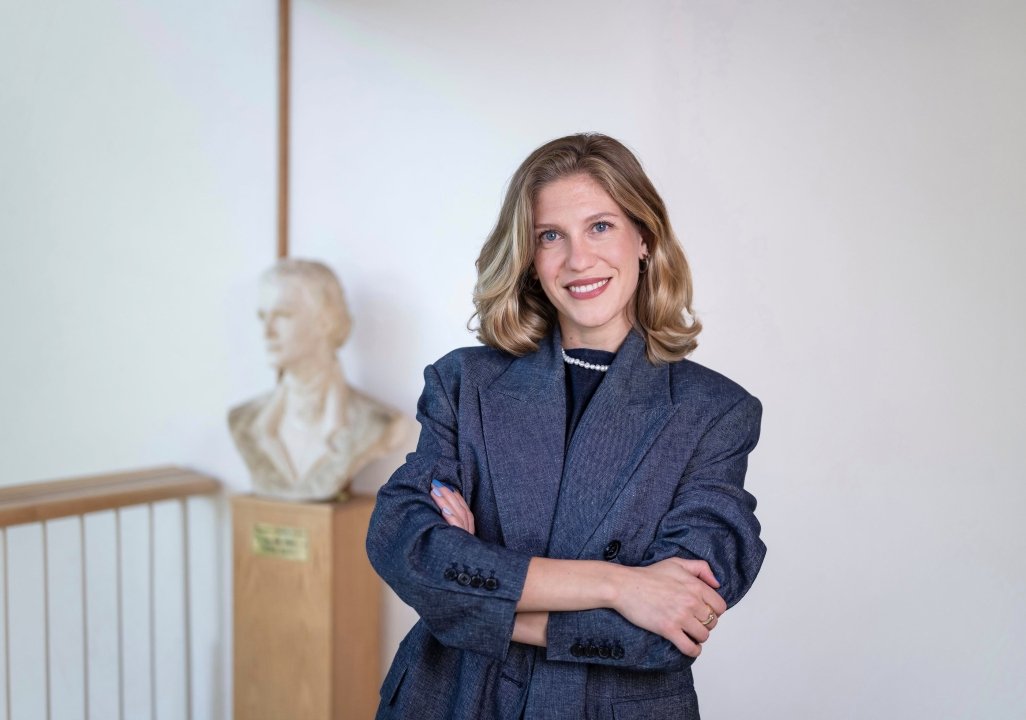Refashioning Retail: Examining Customers’ Engagement in Buy-back Programs

Abstract
The resale market has evolved from a niche practice into a mainstream commercial model, increasingly embraced by fashion brands under the banner of sustainability. Circular business models (CBMs), such as resale and buy-back programs, are promoted as strategies to reduce the environmental impact of fashion by extending product lifespans and displacing the need for new production. However, emerging evidence suggests a paradox: rather than curbing consumption, resale initiatives may actually stimulate demand.
To critically engage with this paradox, we adopt an inductive, empirics-first approach (as recently called for in the Journal of Marketing 2025) to examine how consumer engagement with CBMs shapes fashion consumption patterns over time. Using a longitudinal dataset from a Nordic apparel retailer that launched a buy-back program in 2021, we analyze transactions from its online platform and two physical stores between January 2020 and May 2024. By tracking individual customer behavior before and after participation in the buy-back program, which offers store vouchers in exchange for used garments, we assess whether circular engagement genuinely displaces new consumption or reinforces existing demand.
Preliminary findings reveal that customers who participate in the program tend to be higher spenders overall, yet exhibit reduced spending after engaging with the scheme. This suggests that buy-back programs may moderate garment turnover among the brand’s most loyal customers. These insights contribute to a more nuanced understanding of how circular initiatives influence consumption, offering practical implications for the development of more effective and sustainable retail strategies.
Please contact dip.mkt@unibocconi.it if you wish to attend.
Short Bio
Malin Wennberg is a fourth-year marketing PhD student at Stockholm Business School, Stockholm University, currently visiting Bocconi University from April to June 2025 under the supervision of Professor Stefania Borghini. Her forthcoming dissertation, “Sustainable Fashion is in Fashion,” takes a critical and systemic perspective on the growing phenomenon of sustainable fashion.
Malin has a professional background in both the fashion industry and public policy, with experience spanning Sweden, the United States, and Denmark. Prior to starting her PhD, she was Head of Communications and part of the management team at the international research program Mistra Future Fashion. She also served as a Senior Policy Advisor at the Swedish Environmental Protection Agency, specializing in fashion and textile policy.